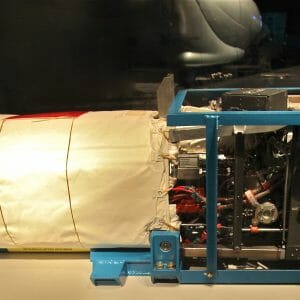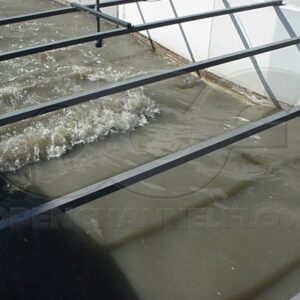E – 1440 Energy-Efficient Windows for Residential Buildings
$175.00
Courses Included
Residential buildings account for about 21% of total energy consumption in the United States, and windows alone are responsible for 25%–30% of residential heating and cooling energy use. The U.S. Department of Energy estimates that upgrading the nation’s current window stock to meet DOE’s long-term performance goals could save more than 2 quadrillion Btu. Clearly, expanding the use of energy-efficient windows should be of interest to engineers and others interested in reducing energy consumption.
This course presents guidelines to help engineers, builders, homeowners, and designers select energy-efficient windows in new and existing residential construction in all U.S. climate zones. It includes information about window products, attributes, and performance. It provides cost/benefit information about window energy-savings and about non-energy benefits such as thermal comfort and reduced heating, ventilation, and air conditioning demands. The guidelines also provide information about the energy impacts of design decisions such as window orientation, total glazing area, shading conditions, and about proper window installation.
This course is based on the DOE document, “Measure Guideline: Energy-Efficient Window Performance and Selection,” prepared by John Carmody and Kerry Haglund of the University of Minnesota under NREL Contract No. DE-AC36-08GO28308 (Subcontract No. KNDJ-0-40338-02), November, 2012.
Description
Residential buildings account for about 21% of total energy consumption in the United States, and windows alone are responsible for 25%–30% of residential heating and cooling energy use. The U.S. Department of Energy estimates that upgrading the nation’s current window stock to meet DOE’s long-term performance goals could save more than 2 quadrillion Btu. Clearly, expanding the use of energy-efficient windows should be of interest to engineers and others interested in reducing energy consumption.
This course presents guidelines to help engineers, builders, homeowners, and designers select energy-efficient windows in new and existing residential construction in all U.S. climate zones. It includes information about window products, attributes, and performance. It provides cost/benefit information about window energy-savings and about non-energy benefits such as thermal comfort and reduced heating, ventilation, and air conditioning demands. The guidelines also provide information about the energy impacts of design decisions such as window orientation, total glazing area, shading conditions, and about proper window installation.
This course is based on the DOE document, “Measure Guideline: Energy-Efficient Window Performance and Selection,” prepared by John Carmody and Kerry Haglund of the University of Minnesota under NREL Contract No. DE-AC36-08GO28308 (Subcontract No. KNDJ-0-40338-02), November, 2012.
- Understanding measures of efficiency such as U-Factor and SHGC (solar heat gain coefficient)
- Learning about the concepts of visible transmittance, air leakage, and condensation resistance
- Understanding glazing types
Learning about the effects of using low-conductance spacers and gas fills - Learning about frame types
Understanding the relation of energy efficient windows to energy codes - Learning about energy and cost savings for new and replacement windows for various climate zones
- Becoming familiar with life cycle cost analysis
- Learning about effects of orientation, window area, and shading
- Understanding proper installation techniques






